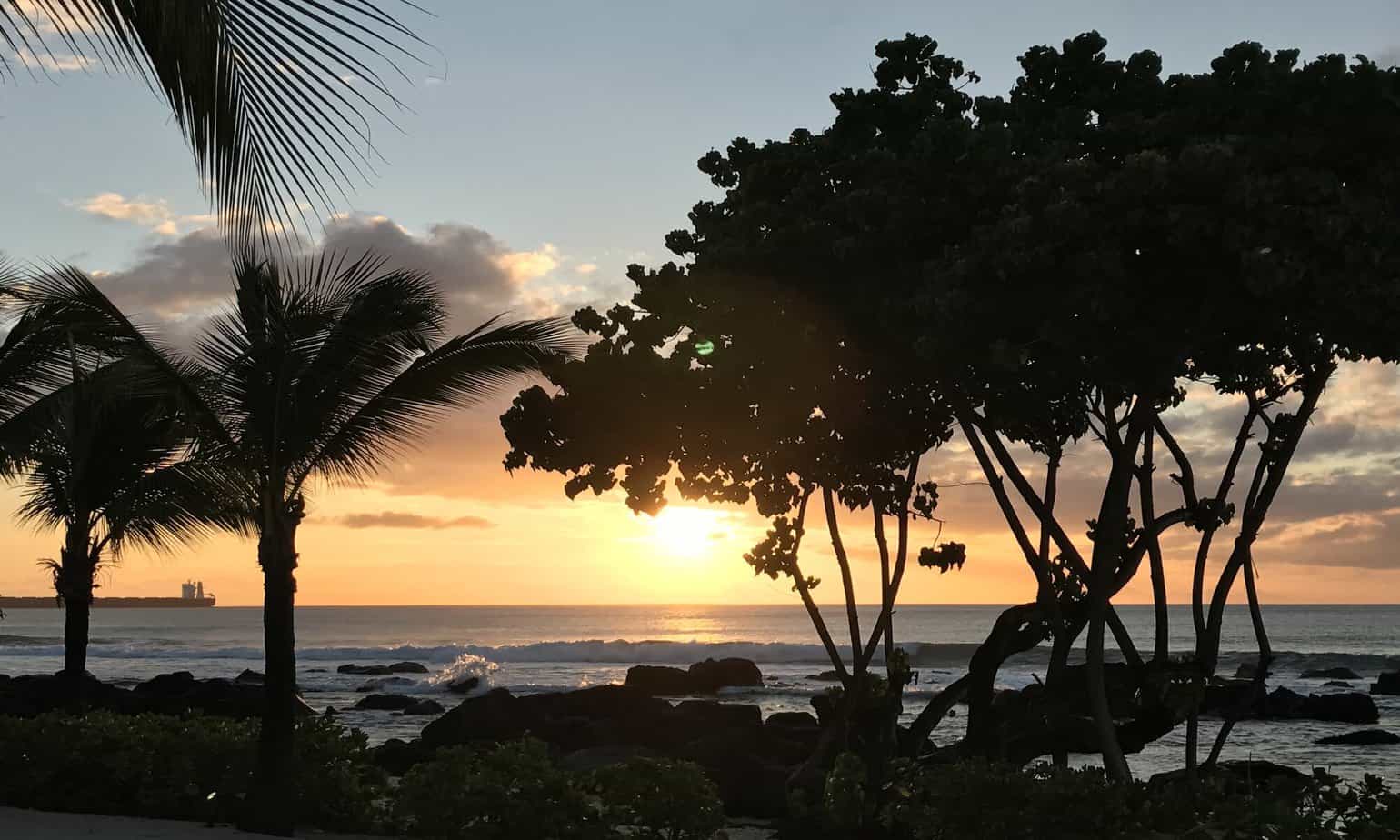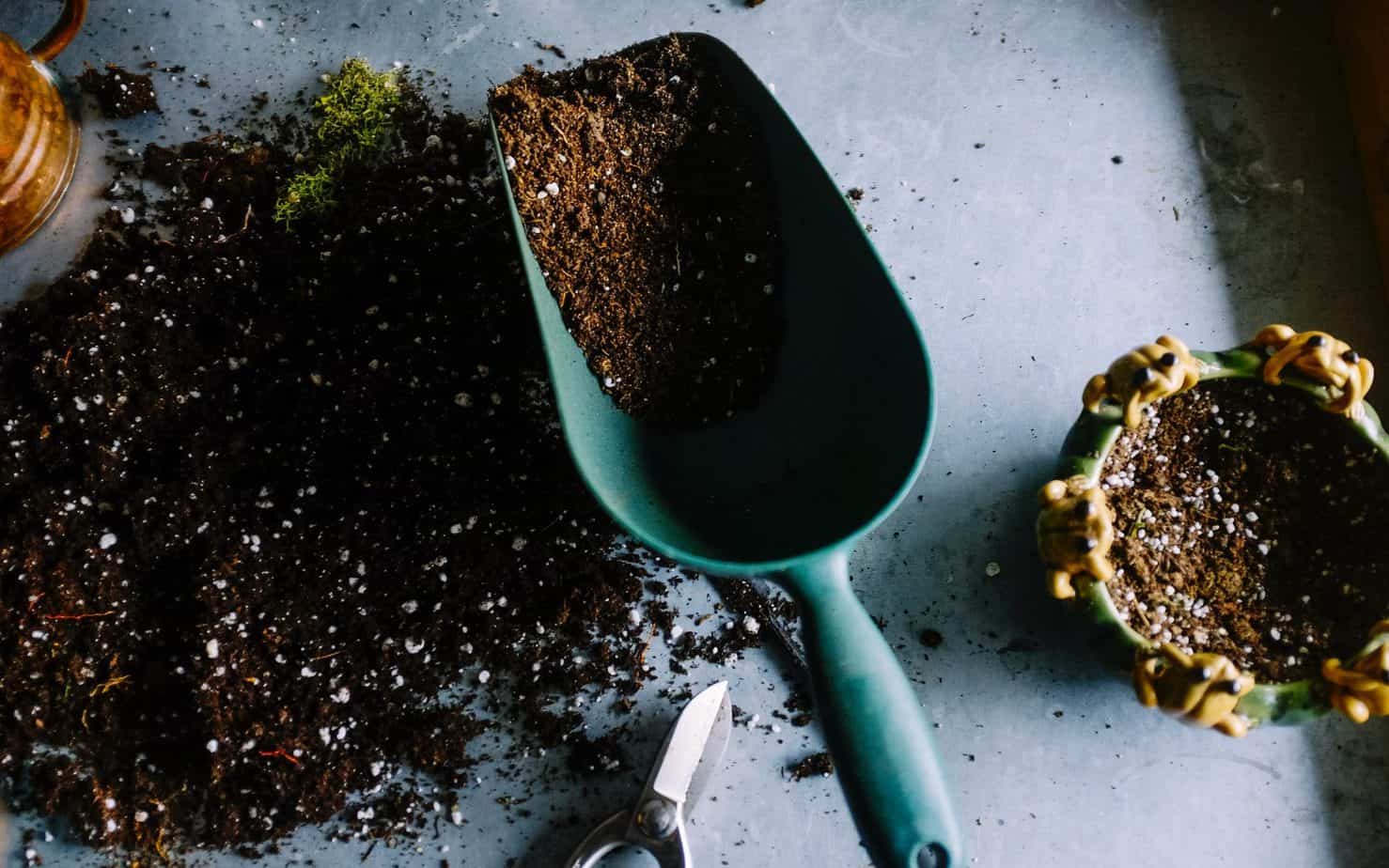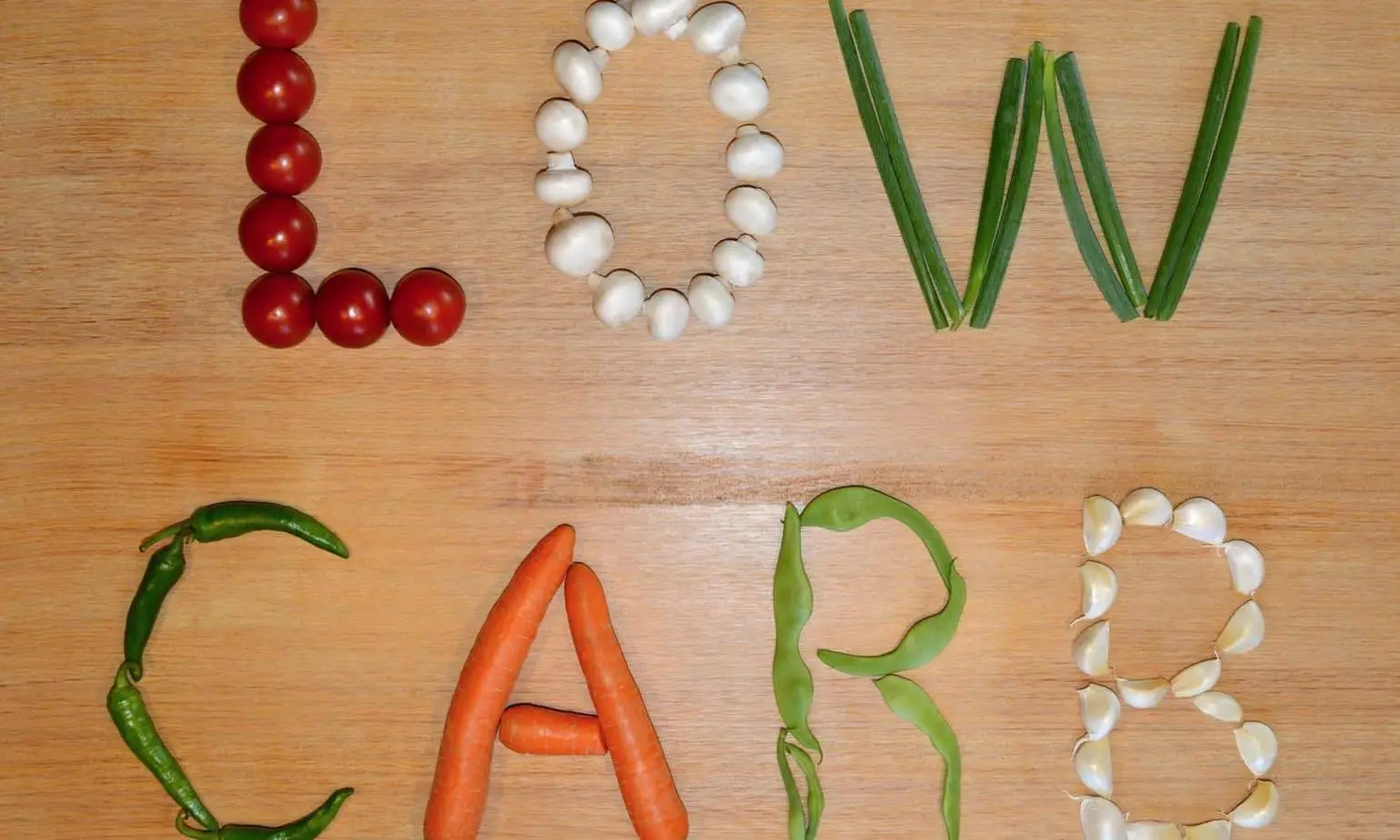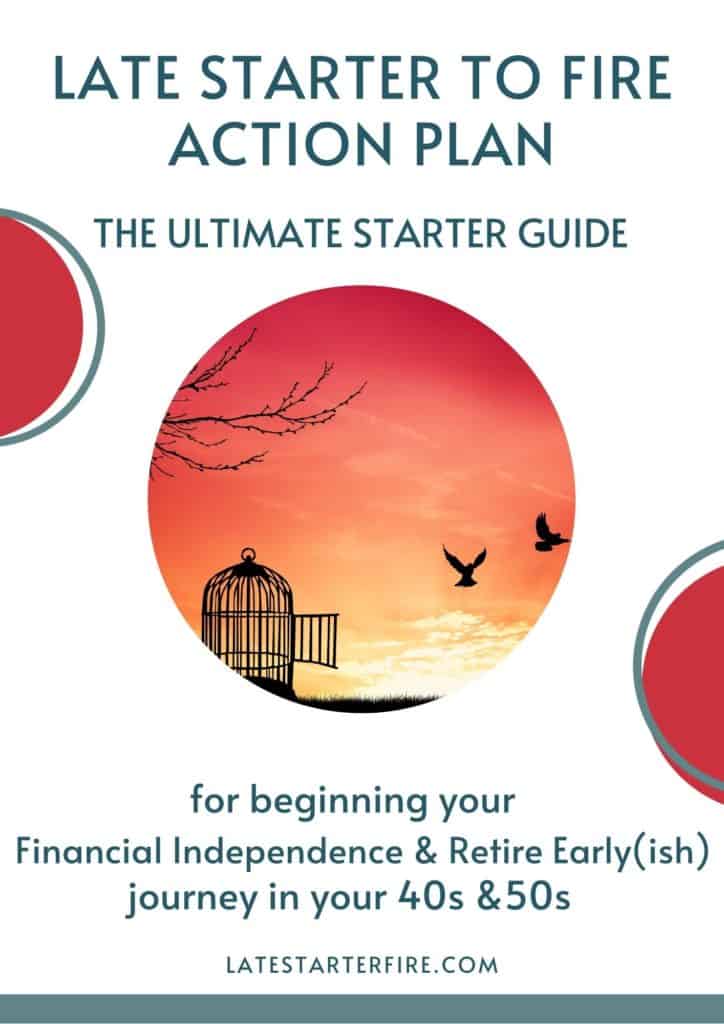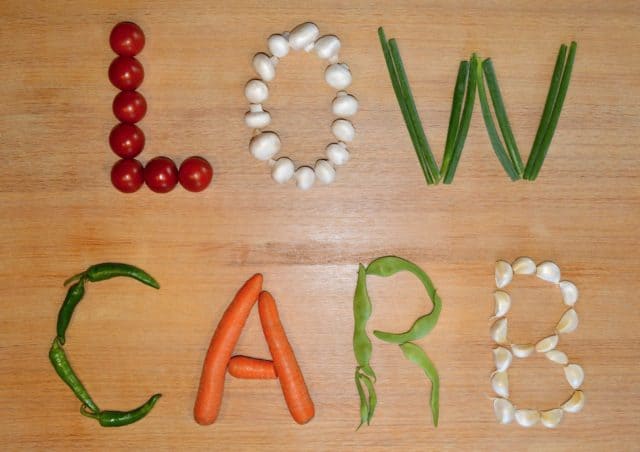Welcome to the Late Starter to FI series!
I am a Late Starter – I did not discover FIRE (Financial Independence Retire Early) concept until I was 47. This was way later, I thought than others who seem to have it all together in their 20s and 30s.
Since I started to write about my own journey, I have discovered there are many more Late Starters like me, yay! It is such a relief knowing I am not alone.
I want to share our stories, our unique perspectives and show that it is absolutely not too late for us.
So in this series, I particularly highlight those of us who start our FI journeys in our 40s, 50s and 60s. And explore questions such as ‘where do we start’, ‘can we still retire early(ish)’, ‘what are the specific challenges for us late starters’. We look at our past, not to castigate ourselves but so that you can learn from us.
Please join in the conversation in the comments below. I encourage you to share your story if you fit the profile of a late starter. You absolutely don’t have to be a blogger or podcaster to share your story.
Please email me at info@latestarterfire.com or connect with me on Twitter or Facebook or Instagram
And if you’ve missed any of the previous stories, you can catch up here – Late Starter to FI series
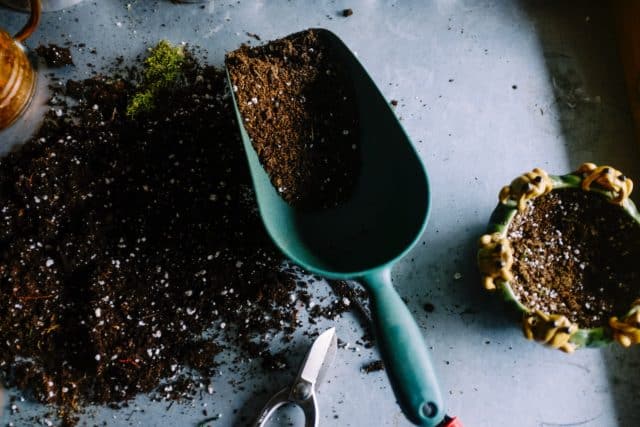
I met Liz on Twitter, where I confess I meet a lot of like minded folk pursuing FI in our ‘later’ years. I also love connecting with people from all over the world. Liz is from Malaysia, our first Late Starter from Asia, yay 🙂
Although Liz discovered FIRE in 2015, her financial independence journey started earlier when she began to eliminate her debt.
Liz is an accomplished author and writes at elizabethtai.com She can also be found on Twitter as @liztai
Here is Liz, in her own words …
A little about me
I live in Malaysia. I’m currently working in marketing as a content strategist, which is a fancy way of saying that I write, edit and manage content for a company. It involves working with digital marketing tools, SEO and editorial strategy.
I’m in my 40s, about 45.
My hobbies are writing, blogging but I love gardening very, very much. My biggest dream is to create my own urban permaculture homestead.
People can connect with me on my website at https://www.elizabethtai.com
Lightbulb moment
I don’t really remember a light bulb moment. Rather it was a series of realisations that led to a series of experiments that led to me discovering that there was a movement behind what I was doing!
But my journey of personal finance rehabilitation started way back in 2008. I just got fed up with being in debt. Back then I had a few types of debt: a credit card debt that was nearly RM$10,000 and a car loan with about RM$10,000 or so left.
And of course, the giant one was my housing loan of RM$120,000.
I never searched for early retirement because I just thought it was impossible for me.
Heck, because I loved my job so much then (I was a journalist for Malaysia’s then largest English daily), I thought it was crazy to kick back and do nothing. I didn’t have a desire to be an entrepreneur, but I certainly had a desire to live the life I didn’t want to leave – and I was living it. I was incredibly fortunate to land my dream job so early in life, and in a fantastic company with great bosses and colleagues at that.
But by 2008, I could see storm clouds in the horizon. Media companies were failing in the Western world, and I knew that Malaysia’s media would not be far behind. I began thinking about how it would be like to lose my income with all that debt. The thought left me terrified.
First steps on the path to FI
The very first step I took on the path to FI was to get rid of all my debts (Dave Ramsey way).
Then I simplified my lifestyle and downshifted. I moved from my own apartment to sharing one with my brother. Radical, perhaps, but it allowed me to rent out my apartment for extra cash.
I think that the change in mindset was the most crucial thing in changing my financial situation. You can get rid of your debts but if you don’t change your mindset, you can easily slip back into bad habits.
Embracing minimalism was also a biggie. Believe it or not, I got into debt because I loved books so much and spent almost RM$1k a month on them! With a reporter’s tiny salary, it wasn’t wise. I also loved eating out all the time.
Minimalism helped shift my mindset so that I don’t feel deprived living a frugal lifestyle. In fact, I rather enjoyed it! But sometimes I take it so far that my parents think that I save too much.
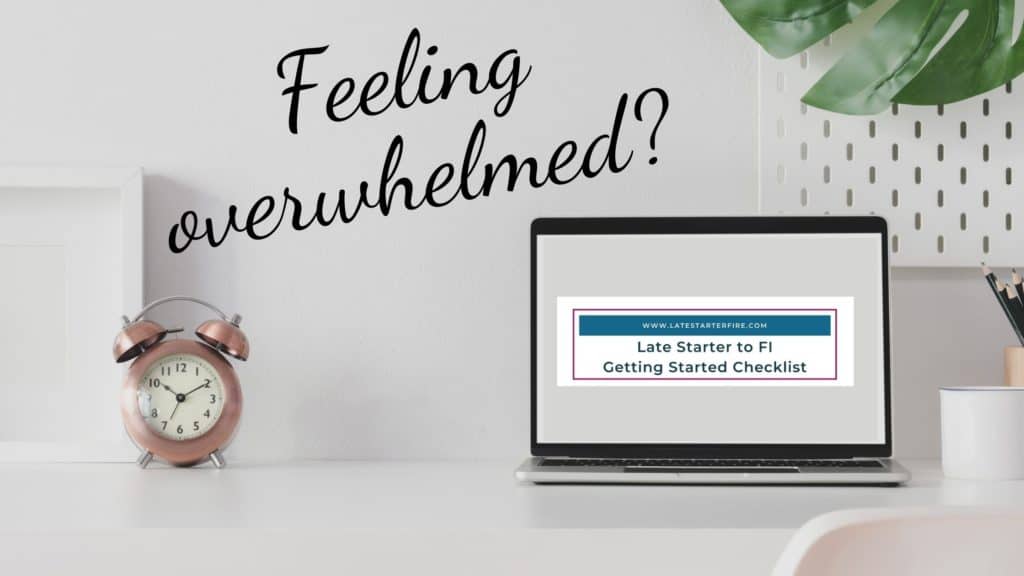
Feeling Overwhelmed?
Use this FREE Checklist to start your journey to Financial Independence
How far along the path to FI am I now?
I guess I am now working towards total financial independence.
I would like to build my passive income to a point where it covers my basic living expenses. Theoretically, I’m already there, because if I could rent out my apartment completely, it would cover my basic expenses due to the fact that I have very low living expenses.
However, I’m not comfortable with just relying on one source of income, so I’m planning to diversify my income.
How do I feel now? Sometimes I feel a bit depressed. Knowing how far I have to go. Sometimes, I just want to be financially independent now, because it has been such a long, long journey.
I started this in 2008 and sometimes I think, my goodness, you know, when will this journey end? When can I finally relax?
I’m pretty hard on myself. I don’t really know how to enjoy the journey, I’m afraid!
Still, COVID-19 taught me that I have established a strong financial foundation that enabled me to weather a brief period of uncertain income while others were suffering immensely. I remember having dinner with my parents and my Mum said to me “I am so grateful I can buy food without thinking about it. I feel bad for those who have to count every penny and think twice on buying something they want to eat because it means they won’t be able to afford it.”
There I was, with no debt, still able to pay my bills, thanks to some passive income and a healthy emergency fund. So I am thankful for this.
Reaching FI and retiring early
My current financial situation is pretty healthy, I suppose. Back in 2008, I’m pretty sure that I have a negative net worth, but now it is positively positive.
Do I feel confident that I’ll reach FI? I’m not sure. I think I will. If things remain the same and I have a stable income. It’s just that life is unpredictable and saying that it’s a certain thing is foolish, in my opinion. But if things go smoothly … yes, I believe I will reach FI one day.
Am I planning to retire earlier?
I’m probably going to retire at 55 like many Malaysians my age. Though I wonder, with the extension of the retirement age to 60 – whether more will choose to do it later?
But personally, I can’t imagine not working. If I’m going to ‘retire’ it is to retire from the obligation of working a job I do not love for the sake of money.
I’m more of a Barista FIRE fan, or what The Fioneers call ‘Slow FI‘.
It’s hard to wrap my brain around that sometimes because I’m an all or nothing person, but with Slow FI, I realise that I can live the life I want now on the way to financial independence. I’m still trying to figure out how that would work in the Malaysian context (Slow FI-ers tend to work part time, and in Malaysia, quality high paying part time work is rare.)
I would like to fully embrace slow living and dedicate my later years to writing lots of books, self publishing them and serving the community in one way or another. I don’t think I will ever stop working, in that sense.
I see myself running a business without worrying about the money, and that’s the kind of situation I want to find myself in my later years.
I care about living a life that is sustainable and meaningful. And work is a big part of that.

How my relationship with money has changed
I think I have a love-hate relationship with money.
Before, I used to be more carefree about it. You know, I didn’t care how much I spent. It was all about gratifying my desires at that moment. I didn’t understand.
And then later, money became something I tortured myself with. Debt tortured me. My lack of money made me miserable. I was always anxious about my money situation. Even now, as my financial situation is in the healthy zone, I’m still anxious about growing it!
Still, I’m shifting from that to … how can I use it to bless other people? I’m a Christian and sometimes I think my values as a Christian conflicts with the FIRE ideology of “amassing as much money as you can so you can retire early”. I am inspired by the stories of people like Princess Alice of Battenberg, Theoklitos Proestakis and Robert Greenfield because they make me think: is money really everything? What if I give it all away and live in service of the world?
Not very FIRE-like, eh?
I still have some way to go before having a peaceful relationship with it. But I think I’m getting there.
If I could change anything – I would not hurl myslef in investments I don’t understand. I bought property very young, and it complicated my financial life massively. So much so that my mental health suffered for it. I think that experience drove such fear in investing in me that I avoided it for many years. If there was something I learned, it is this – don’t let other people make financial decisions for you or pressure you into making one. Always educate yourself before making a financial decision.
Specific challenges or advantages of starting late
To accept the fact that we can’t really retire as early as we like.
We may also feel very regretful and upset about the financial mistakes that we’ve made. Forgive yourself.
Also, realise that you’ve tried your best. At least, you are starting to turn it around, no matter at what age.
I’m really grateful that I started my journey in 2008, even if I was in my mid 30s because it really helped me during many financial tough spots.
2020 was a real tough time, wasn’t it? I happen to start a business just when lockdown was imposed, so let’s just say my timing was really crappy.
But, my goodness, I am ever so glad that I took the steps towards financial independence, way back in 2008. As I read stories about people struggling to find work, struggling to pay their loans, I can’t help but feel for them and understand their fear so well. But I am ever so glad that I have options.
How COVID-19 affected my strategy
I used to be a full-on, fast-track, Mustachian who wants to save enough to 100% retire by [insert date here].
I’m more relaxed about it now. I’m embracing the concept of Slow FI, made popular by The Fioneers. My strategy now is to design a life I want to live and slowly make my way towards financial independence.
COVID-19 made me realise that life is short, so I should live my lifestyle now. And that’s why I’m more intentional about the work I have. I’m now working remotely and I realise I really love this.
The COVID pandemic has made me realise that you should pursue the lifestyle you want right now, rather than work at a job that doesn’t give you the lifestyle you can live with.
COVID-19 also made realise that I shouldn’t complete my FI journey at a certain date because life is fluid and flexible. I was in such a rush to get there that I was really pissed off when it derailed my plans! (All or nothing, remember?)
So I’m telling myself not to stress so much about achieving that FI number fast. The slow period of work at the start of the year allowed me to experiment with a new lifestyle. In the day time I would happily toil under the sun in a community garden and in the afternoon I would nap, then write my novels or work on freelance projects. I got to experience retirement in a way, and realised that I am going to enjoy it!
What a rare opportunity to see what early retirement and slow living was like!
So to summarise, COVID-19 pandemic delayed my journey to my FI number. But it also taught me that I needed to be flexible with my strategy, and not to be so bloody invested in that timeline.
And to be thankful every day for what I have.
It haunts me that people force themselves into situations that they hate just to earn that big salary, so they can retire early, but once they reach that FI figure, something happens and they can’t enjoy their retirement.
I’ve had many people in my life who passed away unexpectedly at a young age (one just retired before he died two weeks later) and COVID-19 just emphasised that again for me. So many people are dying prematurely because of a virus. I have been lucky – so, I really need to live my life now.
COVID-19 also taught me to look at my previous decisions in a better light.
See, I did a few things that were not exactly healthy to my financial goals in 2012. I actually moved to Australia to start a new career in the nursing field. During that time, I wasn’t able to invest or save as much as I should because I was investing in my education and my life in Australia.
After returning to Malaysia, I blamed myself for, how to say, throwing a bomb, so to speak, at my financial health. I could have stayed in Malaysia and earned big bucks. In fact, I was offered a very high paying managerial position a few weeks before I was about to fly off to Australia and I turned it down!
But I am ever so glad that I actually took the chance to live in Australia for three years and tried out nursing. I had loads of experiences thanks to it.
What's next?
Investing my money.
Okay, like I said, I’m very bad at investing in a sense that I let fear control my actions. I need to know what to do with my investments, basically, or rather, what to do with my property and the cash I have.
So my next step is to educate myself in investing and how to run my passion projects so that it creates income that can support me in my old age.
Back to Latestarterfire
Thank you, Liz for sharing your story.
Like you, I discovered FIRE after I paid off my mortgage and was officially debt free. I understand that fear of investing – which I think is more the fear of making a mistake. And the main fear of ‘what if I lose all my money’ with the implicit understanding that it may be too late to redeem any loss and start from scratch again. Yep, you are right – education is the key.
I love that you are embracing Slow FI and enjoying the journey to FI rather than sprinting there. I know, as a late starter myself, I am very tempted to rush towards the FI target and just get it over with. Who knows how many years I have left to live the good life? But on the other hand, burnout is real and I certainly don’t want to sacrifice my mental health to get to FI quicker. Like you, trying to find the right balance is hard.
I look forward to following your journey … will you or won’t you give away all of your money in the end? That is a hard one 🙂 And in the meantime, enjoy your gardening (I agree it is therapeutic for the soul) and wish you all the success for your business and passion projects.
